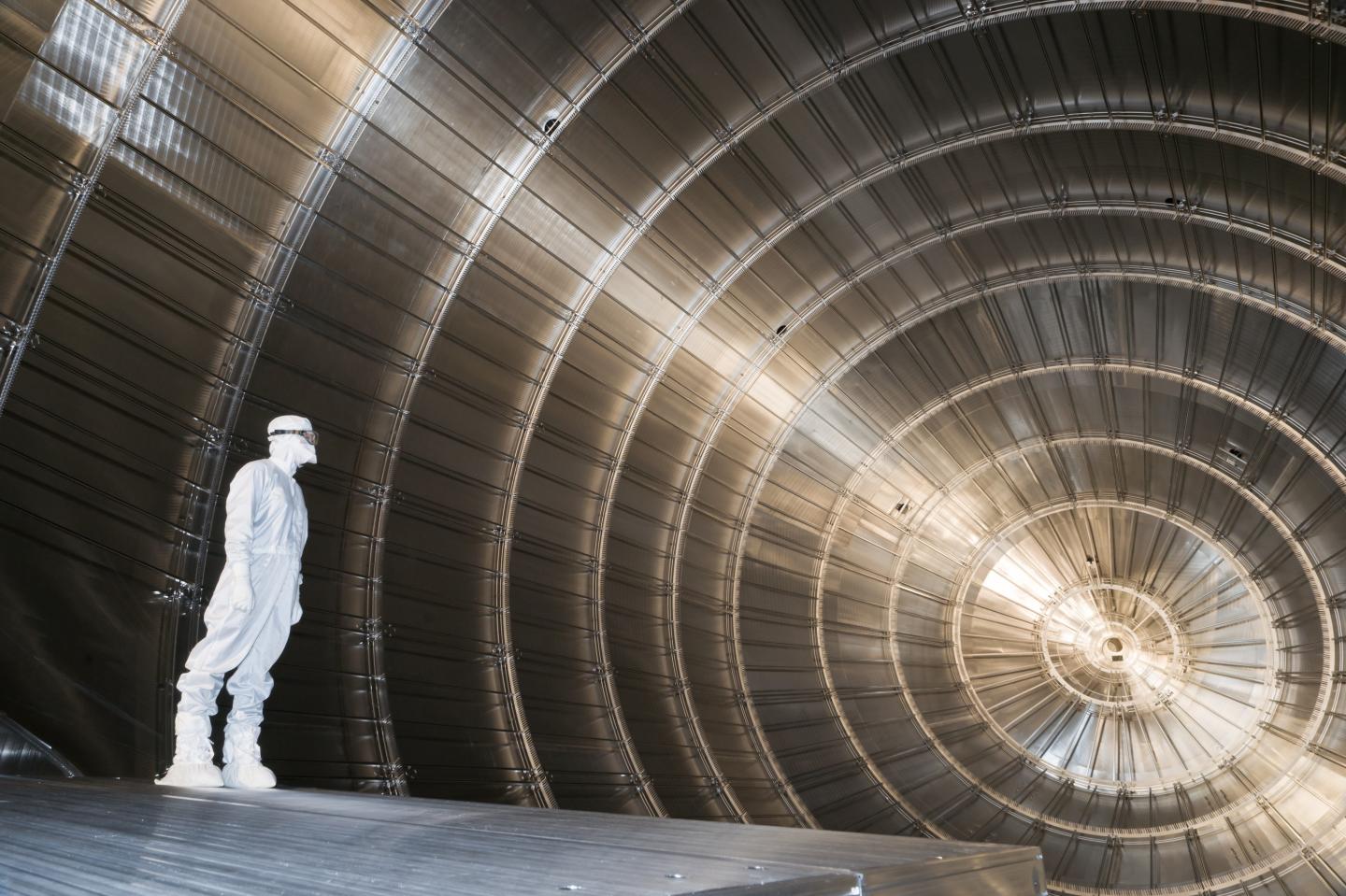The Karlsruhe Institute of Technology in Germany reported in a press release on June 11, 2018 that it has started its work on weighing the subatomic particle known as the neutrino. The Institute recently installed a tritium source after it had already installed an electrostatic spectrometer and a detector unit. A large team of physicians, engineers and technicians is hopeful that they will be able to get more data on the neutrino. The experiment is an international collaboration but the German Federal Ministry of Research is the biggest contributor by far, it has a share of 75% in the experiment. Anja Karliczek, Germany’s Federal Minister of Research said in the press release, “KATRIN is an experiment of superlatives and will complement the knowledge about our universe by a decisive piece of the puzzle. I congratulate the KIT and the research collaboration on the successful assembly of this complex experiment. Together with you, I look forward to the start of the measurement phase and the first research results. Such an important experiment on German territory strengthens Germany as a location of research.”
The Standard Model of particle physics first assumed that neutrinos had no mass, because its rest mass was so less that it was said to be 0. Now the accepted theory suggests that neutrino does have a mass but it weighs much less than the other subatomic particles. Guido Drexlin, Scientific Co-spokesperson of KATRIN said, “It is only in the last two decades that we know neutrinos to possess a finite rest mass – in sharp contrast to long-held expectations of particle theorists. This breakthrough is due to professors Arthur B. McDonald (Queens University, Canada) and Takaaki Kajita (Tokyo University, Japan) and their international teams.”
KATRIN will now use different physical principles and conduct experiments to determine the mass of the neutrino. McDonald and Kajita will be closely working with the team here at Karlsruhe Institute in southwest Germany. The large electrostatic spectrometer will be central to this project. For the first time high-purity molecular tritium gas will be injected into the KATRIN as ß-emitter. The teams- made up of students, researchers, engineers from approximately 7 different countries are anxious but also ecstatic as they have been planning, designing and redesigning the experiment for a long time.

